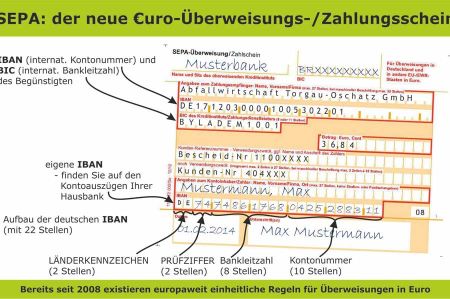Euro transfers to Turkey are showing a rapid decline
- Written by Portal Editor
Since the time of the German economic miracle with a rapidly increasing number of Turkish guest workers in the 1960s and 1970s, the amounts of monthly transfers from Germany to Turkey to support the family members who remained there had also increased continuously.
Even in 1998, the approximately 2.8 million Turkish guest workers or emigrants sent around US$ 8.2 billion back to their original homeland.
Over the past 14 years, this type of remittance to Turkey has declined by about 90%, despite the increase in the number of migrants to about 4.3 million. Although a whopping US$ 961 million still flowed into Turkey from migrants working here, according to the World Bank, the sum is lower than ever before.
What are the reasons for the fact that Turks living abroad are transferring less and less money to Turkey?
A major reason is certainly the conditions of the labour market, which is characterized by high unemployment and thus also aggravated living conditions for Turks living abroad. If one's own earnings are barely enough to cover one's livelihood, then inevitably no more allowances can flow to the family. Research has shown that many Turks live on the poverty line themselves.
Another factor is that many Turks have become so integrated into society that they need their own well-earned money to settle down here in Europe permanently. Building up one's own life, for example building a house or making other investments, consumes the largest part of earnings. Of course, the choice of the centre of life is also a decisive reason, so that families in Europe were often reunited.
Around 50 billion Turkish lira flowed back to Turkey
So it is not surprising that the Turkish state has reacted to this situation of the lack of cash flow. With the onset of the global financial crisis, Turkey had already launched a program in 2009 that was intended to make it easier for wealthy Turks to transfer their assets deposited abroad to Turkey without huge losses in taxes and fees. After all, around 50 billion Turkish lira, which corresponds to around US$ 28 billion, flowed back to Turkey at the time. A great help for the state to absorb the effects of the financial crisis.
At the beginning of the year, the Turkish government once again sent a signal, as it issued another amnesty regulation on May 22, which was intended to provide incentives for wealthy Turks to transfer their funds deposited abroad to Turkey without paying penalty taxes or fines. For example, only a two percent fee should be charged on the repatriated capital, while it would normally be between 30 and 40% tax. Likewise, there should be no investigations into where exactly the money would come from. A real amnesty for the transfer of black money? This amnesty has now expired.
However, the numbers of the returned sums are still missing in order to be able to assess whether the government's measure was successful.
Please read as well:
Geiseltalsee - hundreds of years of coal mining - today tourism
